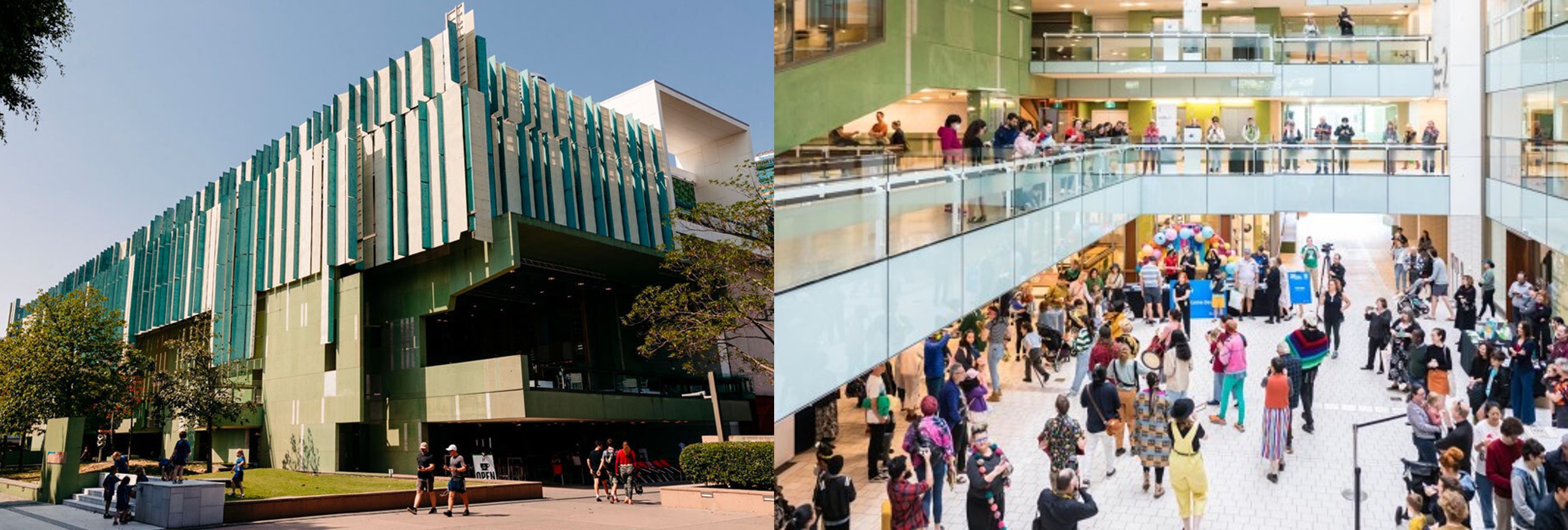Sync your collection data
Find out how you can sync your bibliographic and other collection data with Trove.
This will minimise manual effort, keep any changes you need to make automatically up to date in Trove, and give researchers and users the most current information about material to access.
Frequently asked questions
Why should I transition to syncing my library or collection data?
Some of the advantages to transitioning include:
-
Automatic daily harvesting
-
Your up-to-date library data is uploaded to the Australian National Bibliographic Database (ANBD) within 24 hours
-
Automated process will save time with fewer conversion resources required.
Do I have to transition to syncing to continue contributing my data to the Australian National Bibliographic Database?
We are modernising and securing our processes and are encouraging partners to transition to an automated process to keep data up-to-date and save time and staff resources.
What is the OAI-PMH?
OAI-PMH, or the Open Archives Initiative Protocol for Metadata Harvesting, can be used with the National Library of Australia Harvester and can be implemented to automatically update holding information into the ANBD daily.
Is there a cost to transition?
The transition to syncing your data is included in all partner packages excepting Cataloguing Only, so there is no additional cost. A member of our technical team will be available to work closely with you during the transition.
Are there any disadvantages?
Once you have transitioned you will need to update your processes to ensure that any system-wide changes in your organisation are communicated with us to reduce the risk of a harvest fail. This can include major upgrades, firewall changes and changes to collection setup if we only harvest certain collections. If you are unsure, you are always welcome to notify us at Trove Partner Support.
When can I commence the transition and how long will it take?
This can be commenced anytime and will be scheduled in consultation with a member of our technical team.
Depending on the complexity of the system and the collection, completion of the process could take from a week to a few months.
What staff resourcing is needed to transition?
Our technical team will be available to guide you through the entire process and provide advice on what information is required. We will need a primary contact and a technical contact (if you have one) from your organisation to assist in configuring your organisation’s system.
What does my organisation need to do to prepare?
Some system configuration will be required to prepare for the transition. A staff member from our technical team can provide general guidance on what the harvester requires. For specific information around configuring your system you may need to contact your vendor.
Can anyone transition to syncing using the OAI-PMH?
If your organisation’s system supports OAI-PMH, then there are no barriers to migrating to the automated harvest. If your organisation uses a system which is not compatible with OAI-PMH, we will work with you to find solutions and determine the best way forward.
Partner experiences
Syncing library data for efficiency and accuracy at the State Library of Queensland

The State Library of Queensland recently worked with Trove to sync their very large library data set with the Australian National Bibliographic Database (ANBD) and Trove by using the Open Archives Initiative Protocol for Metadata Harvesting (OAI-PMH). They had formerly been using the Record Import Service (RIS) process. While the set-up was not without its challenges it proved to be well worth the effort. Rachel Merrick, Lead of the Metadata Services at State Library of Queensland has found many benefits changing from RIS to OAI.
The main one is obviously that records are updated daily. We also saw this as an opportunity to review our current workflows using Alma as our library management system, and changing over to Primo VE as our new discovery system, and set up a more streamlined approach.
It also let us clean up a lot of existing records that we found might have had duplicates. After we had everything loaded, the Trove team went through and got rid of records that hadn’t gone through on the OAI harvest. The team at Trove was really responsive and we now have a fast and smooth workflow and a really up-to-date set of our records available to users.
Significant saving in both time and cost: automating Brimbank Libraries' contributions to the ANBD
Brimbank Libraries made the move to using the Open Archives Initiative Protocol for Metadata Harvesting (OAI-PMH) for daily holdings updates in the Australian National Bibliographic Database (ANBD) in 2020. They had been previously using the Record Import Service (RIS) process and found it to be time-intensive, requiring significant manual handling.
Through a smooth process involving minimal configuration of their Koha Integrated Library System (ILS), they worked with the Trove Partner team to set up daily harvesting of their records.
The ‘snapshot’ or ‘historical’ nature of our holdings under the RIS process meant items that were no longer available to borrow could still be viewed in the ANBD until the next infrequent update; this was detrimental to our customer service, and further contributed to staff workloads.
The harvesting was flexible enough to filter based on criteria we specified, ensuring only relevant content was harvested.
Our contribution to the ANBD is now a completely automated process. All records are now updated daily, basically eradicating any issues from outdated data. Customers, both locally and nation-wide, are able to view and access our resources with confidence.
There has also been a significant saving in both time and cost, as the automated process no longer necessitates manual contributions to the ANBD on our behalf from suppliers, which often had an associated cost.
We would highly recommend moving to OAI-PMH for any ANBD contributors, both large and small.
Ayden Said, Library Collections Team Leader, Brimbank City Council